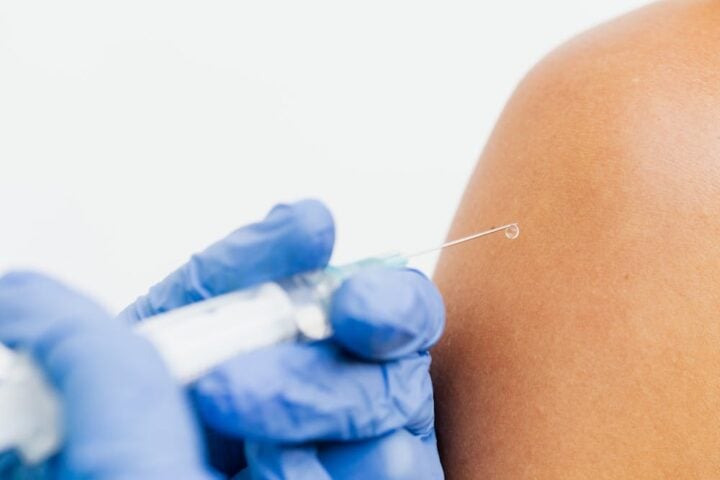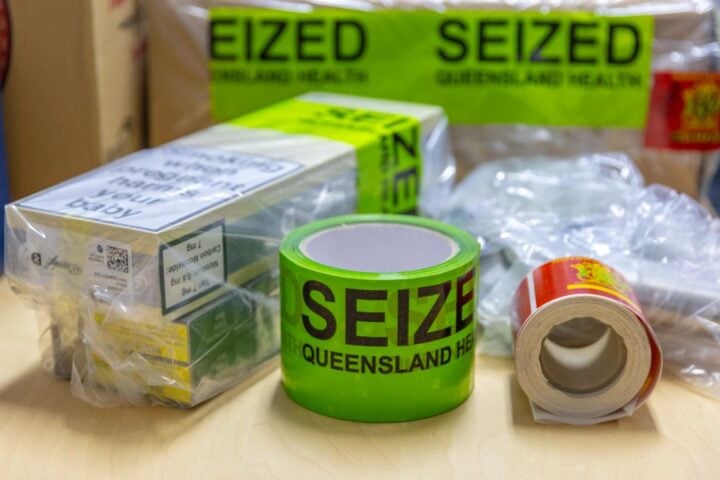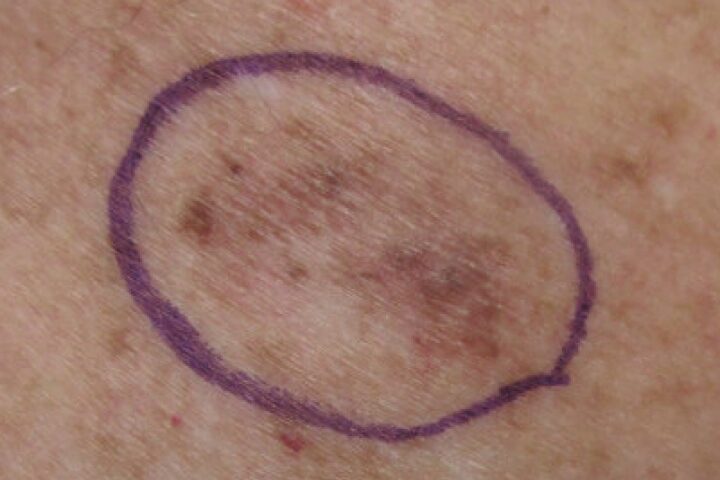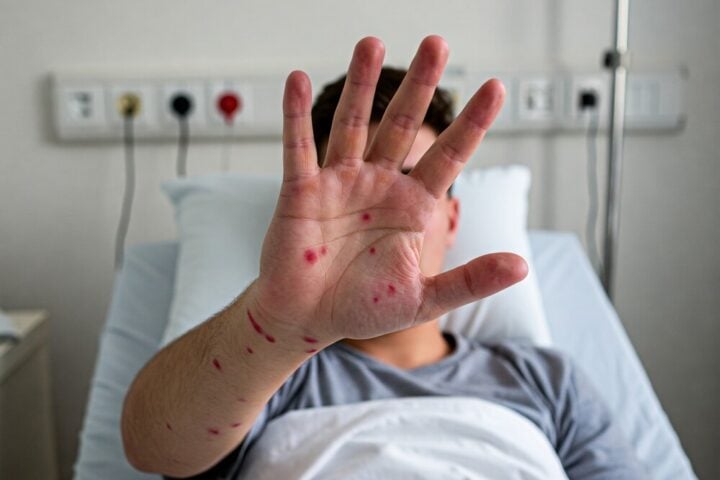A study by the National Institute on Drug Abuse, which analyzed data from 2011 to 2021, estimates that 321,656 children living in the United States lost a parent aged 18 to 64 to drug overdoses. The rate of children who lost a parent to overdose increased during this period, more than doubling from about 27 to 63 children per 100,000.
NIDA Director Nora Volkow, M.D., said “It’s devastating to see that almost half of the people who died from a drug overdose had a child. No family should have to lose their loved one to an overdose, and each of these deaths represents a tragic loss that could have been prevented.”
According to the analysis, the findings indicate that responses to the overdose crisis should take into account the entire burden of overdose on families and children, including addressing the economic, social, educational, and healthcare needs of children who have lost their parents to an overdose.
So far, no national study had previously analyzed the number of children affected by the overdose crisis. The study’s co-author, Dr. Emily Einstein, chief of the Science Policy Branch at NIDA, said the study was inspired by similar research during the COVID-19 pandemic.
During the decade studied, 649,599 people aged 18 to 64 died from drug overdoses. Einstein noted that this is crucial because nearly half of those who die from overdoses are parents. The study found that children were more likely to lose their fathers than their mothers.
“This first-of-its-kind study allows us to better understand the tragic magnitude of the overdose crisis and the repercussions it has on children and families,” said Miriam E. Delphin-Rittmon, Ph.D., HHS assistant secretary for Mental Health and Substance Use and leader of SAMHSA.
According to researchers, the overdose death of a parent can have a profound short- and long-term impact on their children, but little is known about the number of children who have lost one of their parents to drug overdoses in the country.
Similar Posts
While the largest number of affected children were those with non-Hispanic white parents, the study found that children from communities of color and tribal communities were disproportionately affected, according to the press release.
“Children who lose a parent to an overdose not only feel personal pain, but they may also experience ripple effects, such as increased family instability,” said Allison Arwady, M.D., M.P.H., director of CDC’s National Center for Injury Prevention and Control.
“These findings emphasize the need to better support parents in accessing prevention, treatment and recovery services. In addition, any child who loses a parent to an overdose should receive the care and support they need to overcome this painful and traumatic experience,” Nora Volkow emphasized.


















